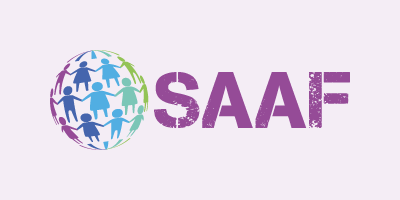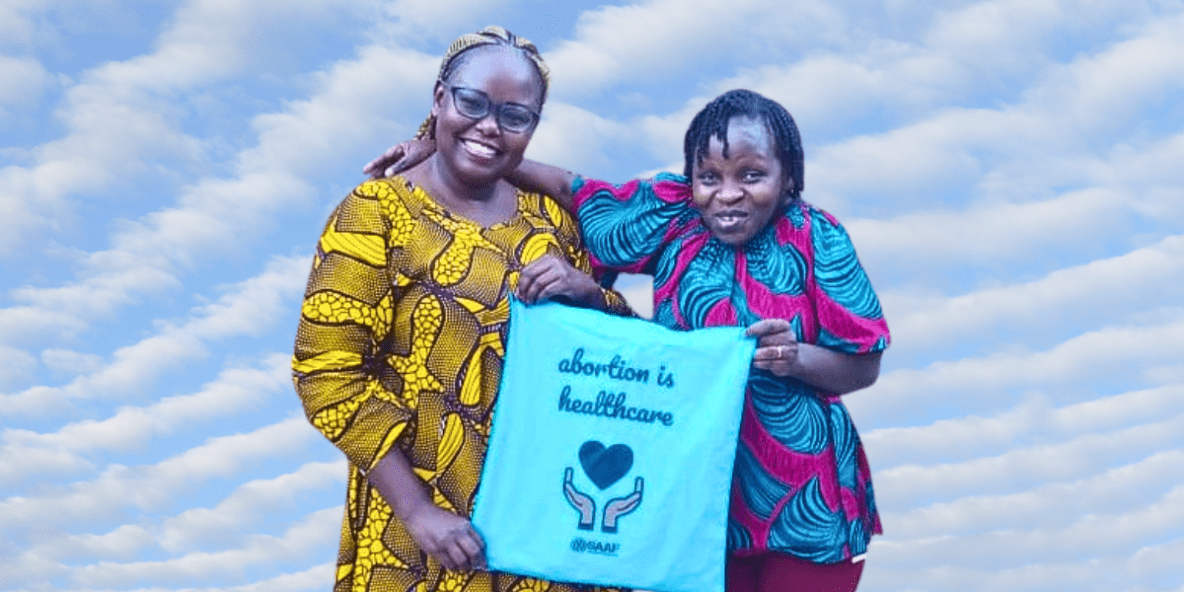Two members of the SAAF team – our Director Maïté Matos Ichaso, and Programme Advisor Laura Gutierrez – will be attending the International Conference on Family Planning (ICFP) next week. They will meet with partners from around the world, including representatives from 23 SAAF grantee partner organisations. We have shared some SAAF grantee partner events online and are excited there will be so many opportunities to discuss accessibility of abortion care at the conference!
The impact of funding cuts on SAAF grantee partners
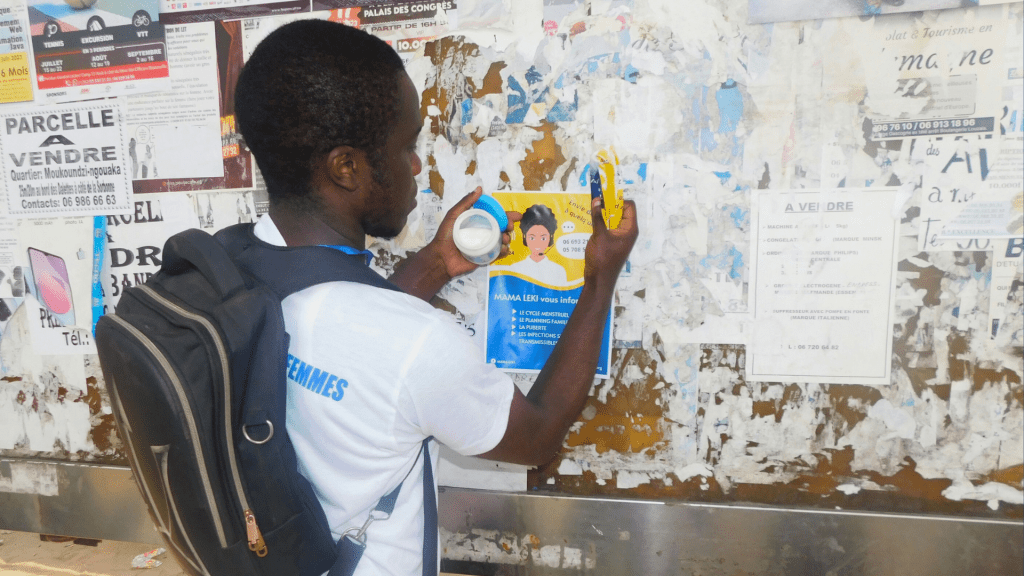
We asked our grantee partners how global funding cuts and increased opposition have impacted their work. 60 organisations responded to an anonymous survey and shared their insights, including ways they are resisting increased authoritarianism and reduced budgets.
Find out how abortion advocates are affected in our latest blogpost – available as always in English, French and Spanish
“We are the abortion experts”
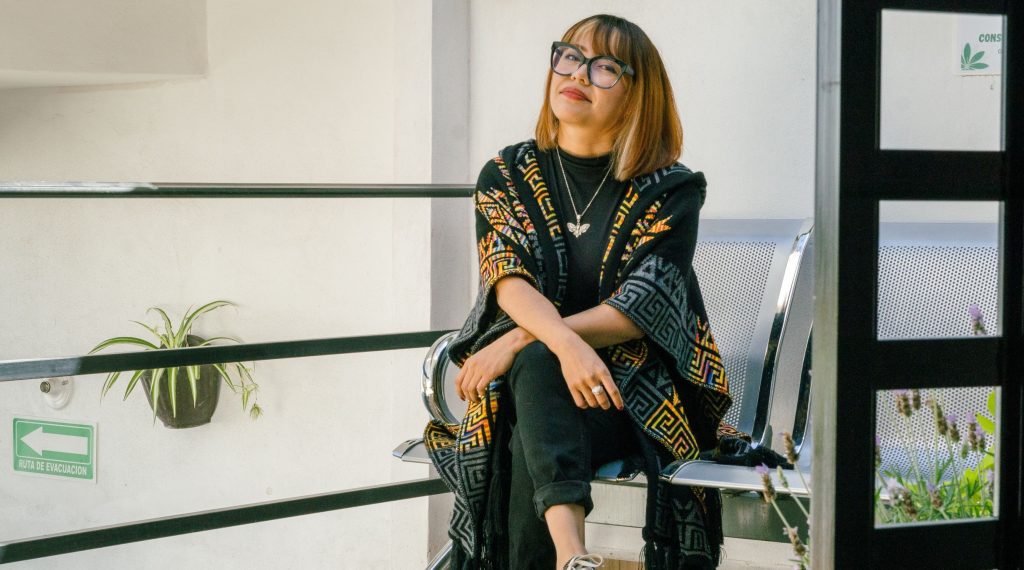
Did you see our latest interviews with abortion activists and accompaniers at Di Ramona?
Since first receiving SAAF funding in 2022 Di Ramona has supported almost 10,000 people to access safe abortion care in Mexico.
Read their personal stories in English, Spanish and French.
SAAF grantee partner spotlight: Bloco A
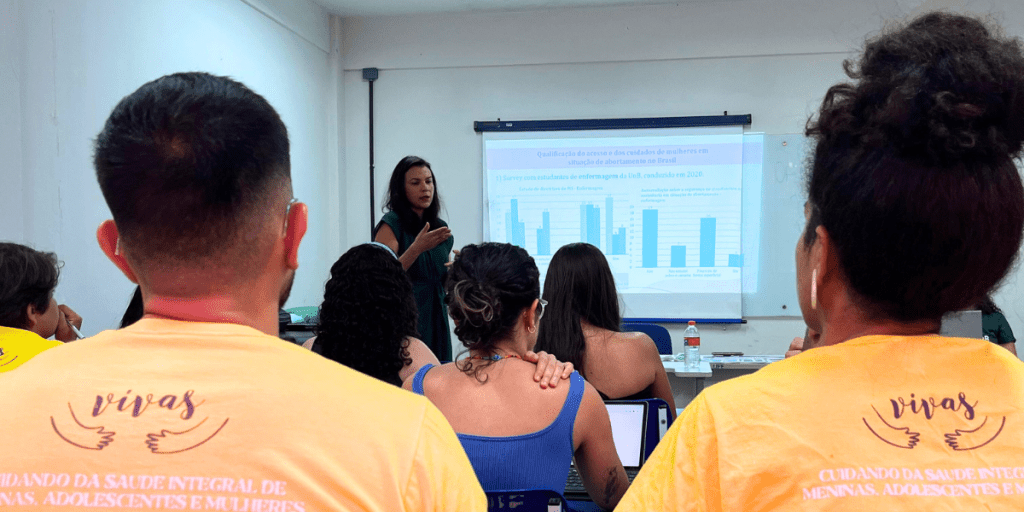
Funded by SAAF since 2020, Bloco A partners with healthcare providers and students to strengthen sexual and reproductive health care in Brazil.
Bloco A works to reduce abortion stigma and promote harm-reduction approaches in healthcare education and practice, by integrating evidence-based information on abortion and post-abortion care into the education of nursing and medical students.
Their online course ‘Ampara’ has been hugely impactful, already reaching over 25,000 participants nationwide. In an impact assessment, more than 92% of respondents reported that the knowledge they acquired significantly improved their professional practice in caring for women and pregnant people.
Bloco A is currently working to launch a new course focused on abortion care and access for young women who have experienced sexual violence.
This text is from SAAF’s most recent newsletter – please register here to receive future newsletters.
